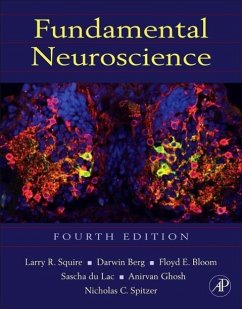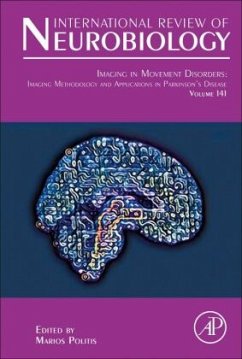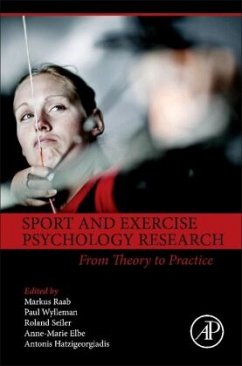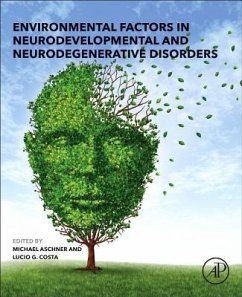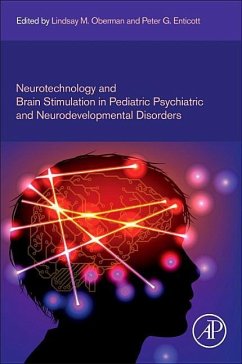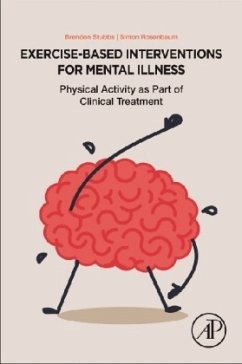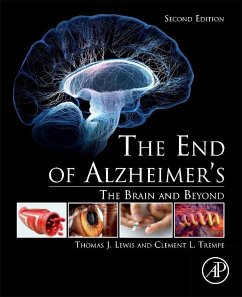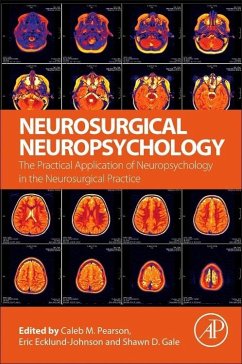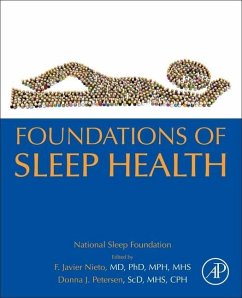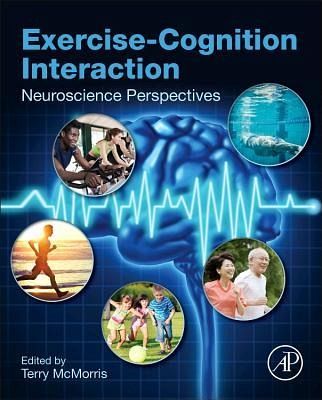
Exercise-Cognition Interaction
Neuroscience Perspectives
Herausgegeben: McMorris, Terry
Versandkostenfrei!
Versandfertig in 6-10 Tagen
96,99 €
inkl. MwSt.

PAYBACK Punkte
48 °P sammeln!
Exercise-Cognition Interaction: Neuroscience Perspectives is the only book on the market that examines the neuroscientific correlation between exercise and cognitive functioning. The upsurge in research in recent years has confirmed that cognitive-psychology theory cannot account for the effects of exercise on cognition, and both acute and chronic exercise effect neurochemical and psychophysiological changes in the brain that, in turn, affect cognitive functioning.This book provides an overview of the research into these effects, from theoretical research through current studies that emphasize...
Exercise-Cognition Interaction: Neuroscience Perspectives is the only book on the market that examines the neuroscientific correlation between exercise and cognitive functioning. The upsurge in research in recent years has confirmed that cognitive-psychology theory cannot account for the effects of exercise on cognition, and both acute and chronic exercise effect neurochemical and psychophysiological changes in the brain that, in turn, affect cognitive functioning.
This book provides an overview of the research into these effects, from theoretical research through current studies that emphasize neuroscientific theories and rationales. It addition, users will find a thorough examination of the effects of exercise interventions on cognitive functioning in special populations, including the elderly, children, and those suffering from a variety of diseases, including schizophrenia, diabetes, and an array of neurological disorders.
With contributions from leading researchers in the field, this book will be the go-to resource for neuroscientists, psychologists, medical professionals, and other researchers who need an understanding of the role exercise plays in cognitive functioning.
This book provides an overview of the research into these effects, from theoretical research through current studies that emphasize neuroscientific theories and rationales. It addition, users will find a thorough examination of the effects of exercise interventions on cognitive functioning in special populations, including the elderly, children, and those suffering from a variety of diseases, including schizophrenia, diabetes, and an array of neurological disorders.
With contributions from leading researchers in the field, this book will be the go-to resource for neuroscientists, psychologists, medical professionals, and other researchers who need an understanding of the role exercise plays in cognitive functioning.



